[GSE2024] Forum on AI for Comprehensive Assessment and Evaluation Held in Beijing
date:2024-08-27 13:27author:adminsource:Smart Learning Instituteviews:
On August 19, 2024, the Forum on AI for Comprehensive Assessment and Evaluation took place at Beijing Normal University, as an integral part of the Global Smart Education Conference 2024. This significant event was co-hosted by the National Engineering Research Center of Cyberlearning and Intelligent Technology and the Research Institute of K-12 Educational Big Data Application at Beijing Normal University. It attracted more than 200 onsite guests from educational administration departments, universities, research institutions, and related enterprises, while nearly 50,000 participants joined online.
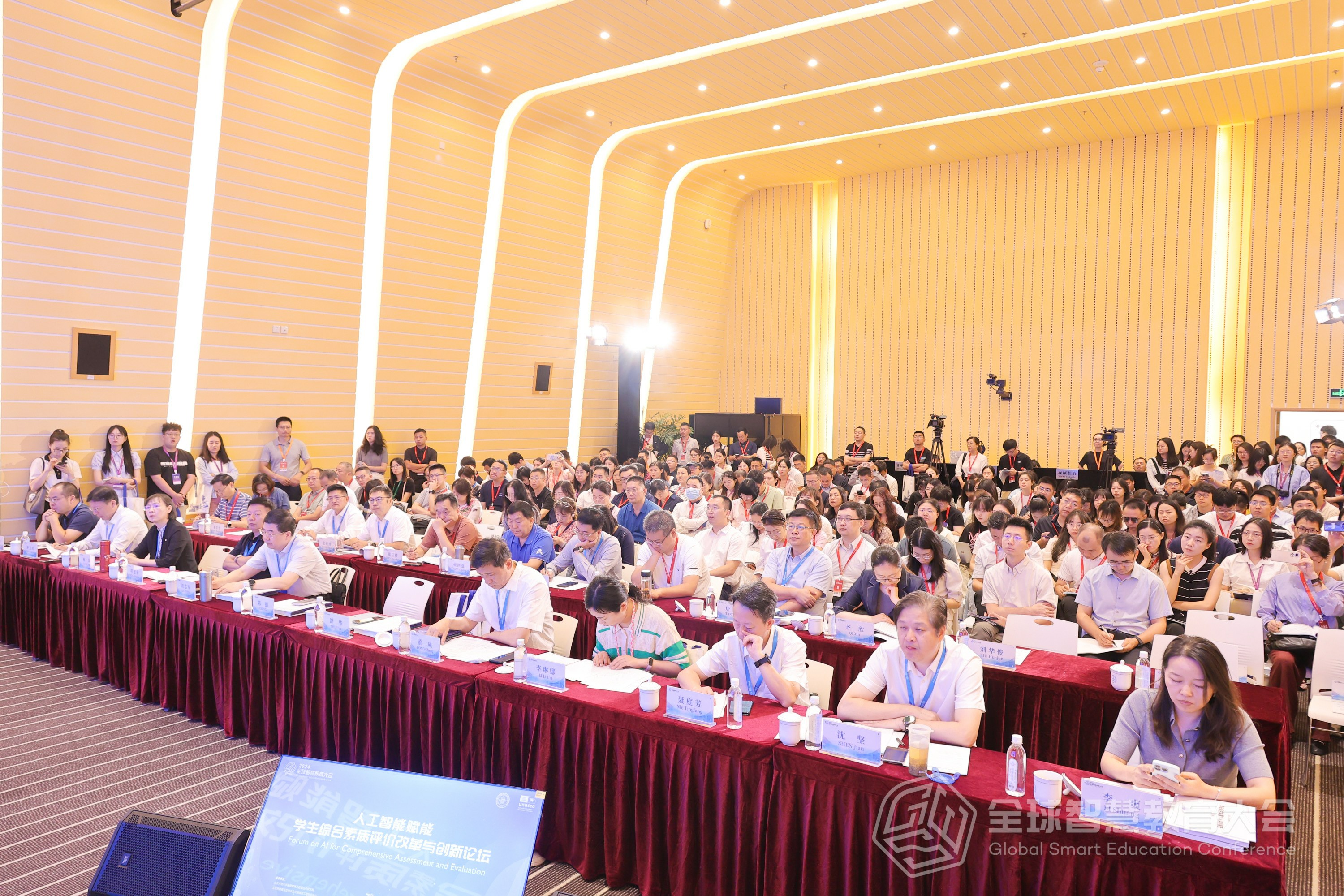
Global Smart Education Conference 2024: Forum on AI for Comprehensive Assessment and Evaluation
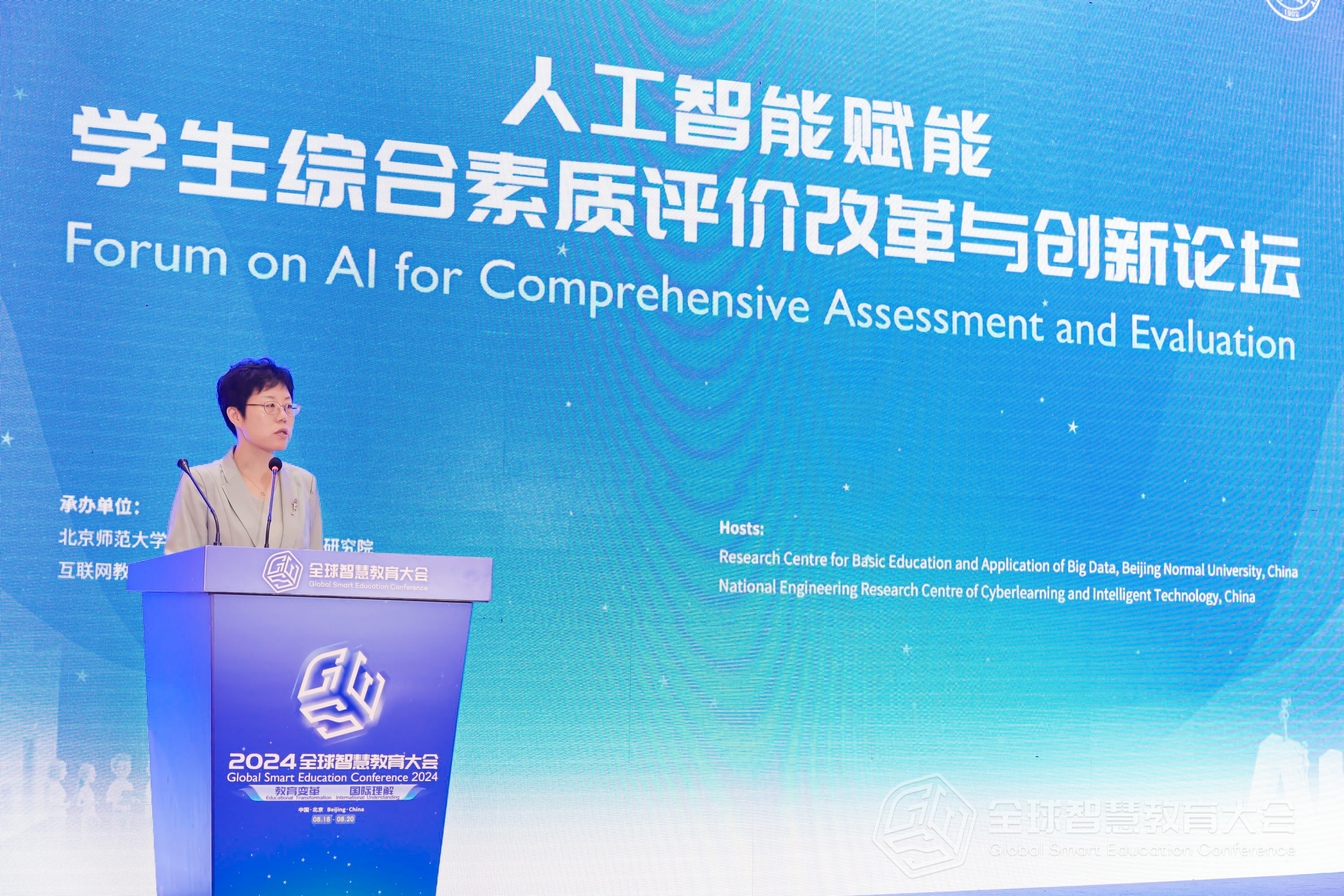
Ms. SHU Hua, Deputy Director of the Department of Science, Technology and Informatization at the Ministry of Education delivered a speech
Prof. CHEN Li from Beijing Normal University, who leads the expert group on the pilot project of “Student Comprehensive Quality Assessment Supported by Information Technology”, provided a detailed overview of the initiative’s significance, innovative approaches, and current achievements. She also outlined potential future directions for the project.
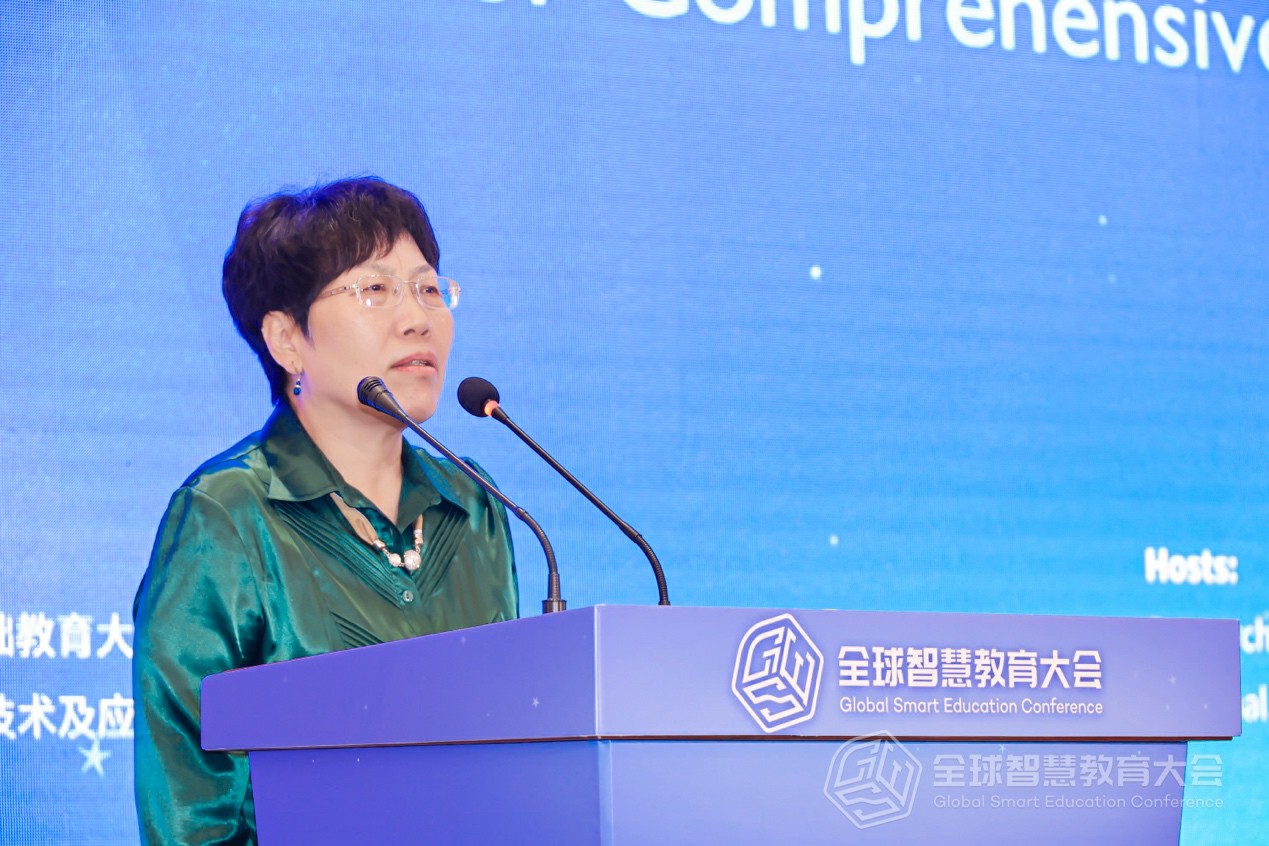
Prof. CHEN Li from Beijing Normal University moderated the forum
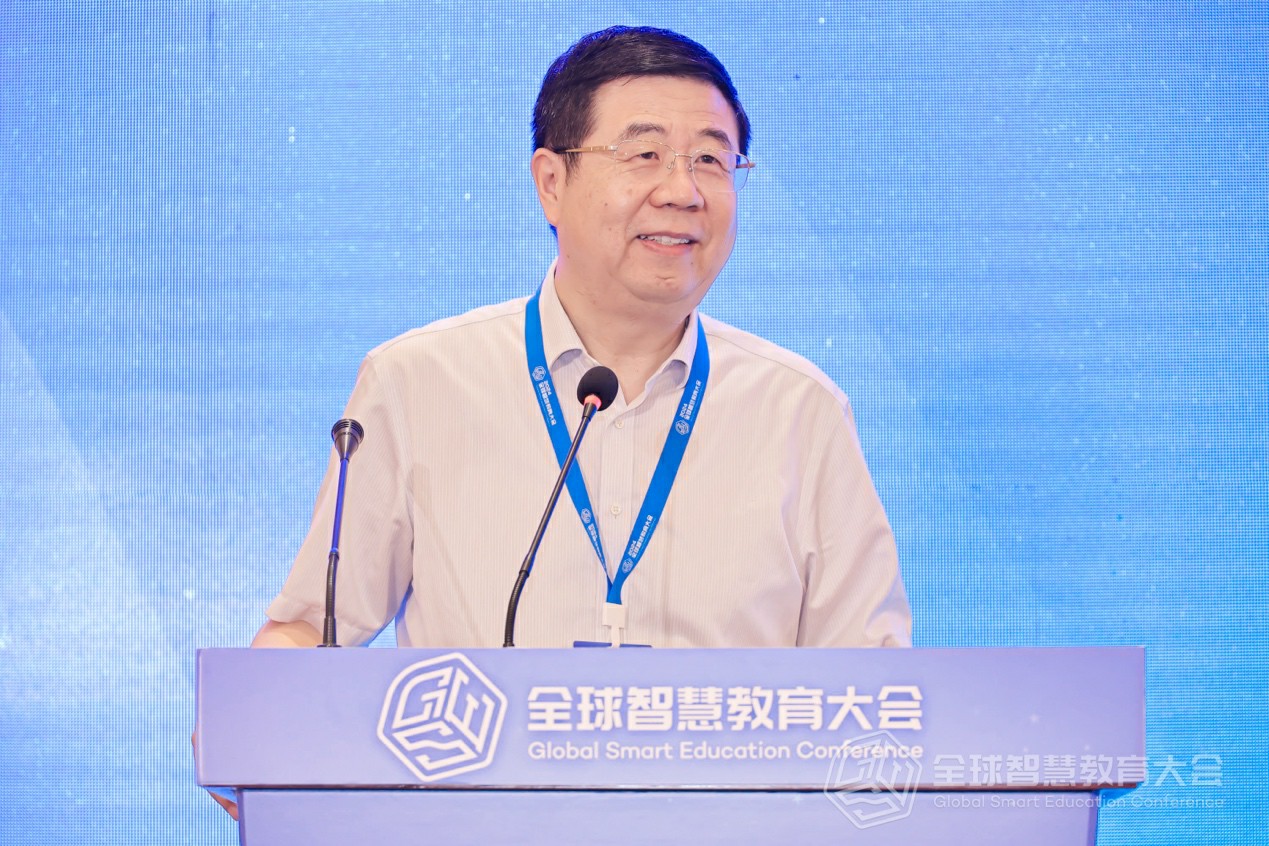
Prof. LIU Zhijun, Secretary of the CPC Committee of Henan University of Technology and Professor at Henan University, delivered a keynote address
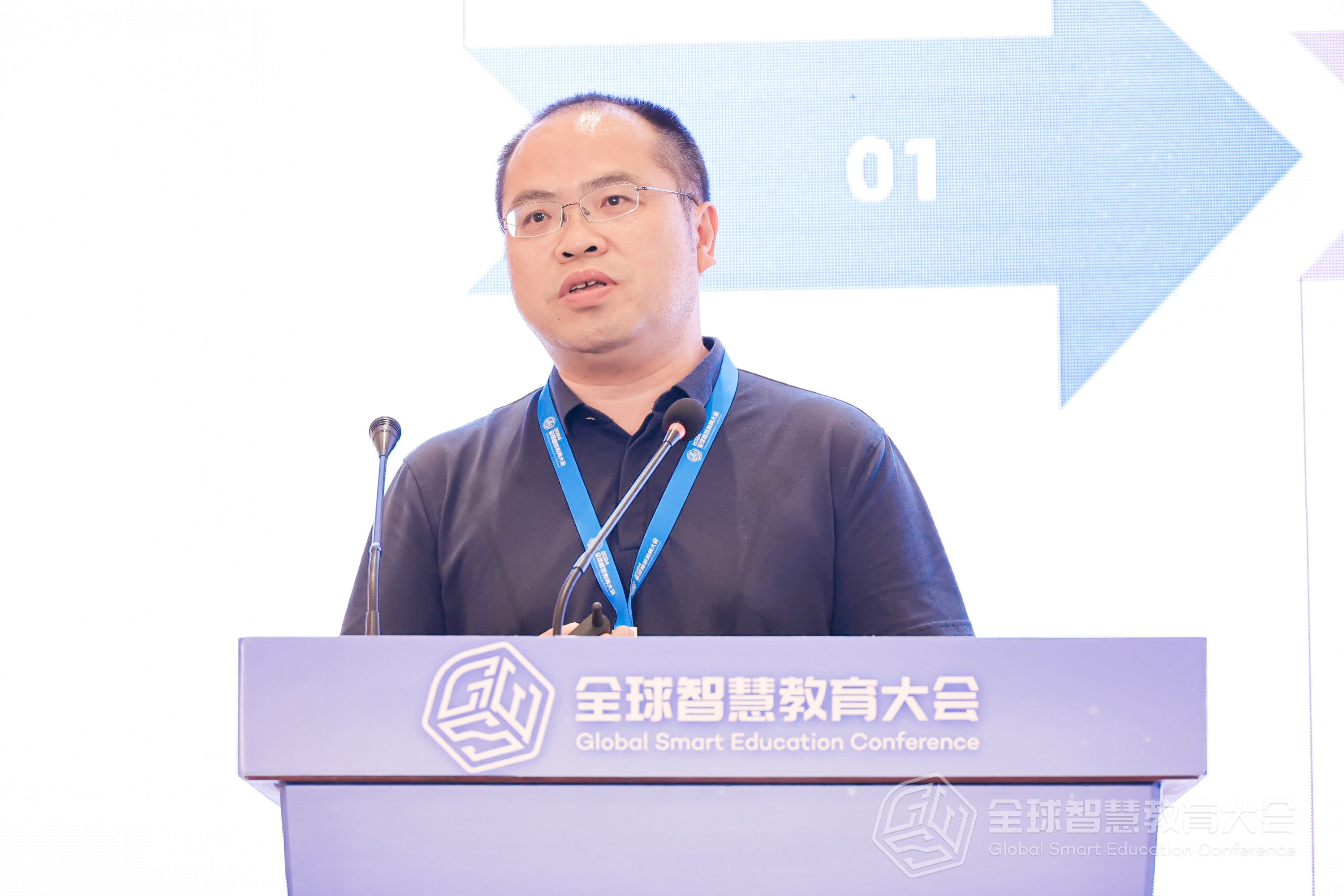
Prof. ZHENG Qinhua of Beijing Normal University presented a keynote report
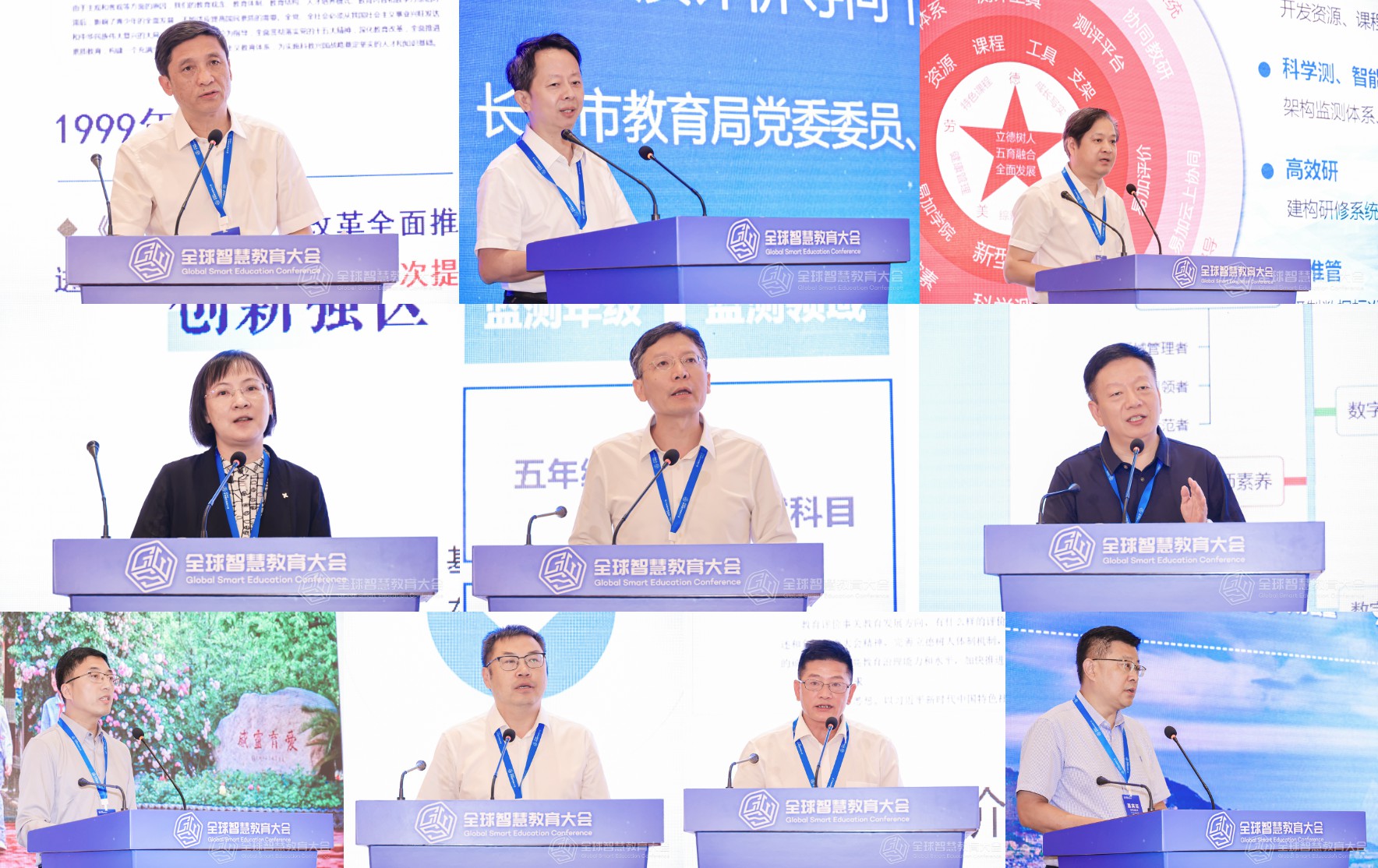
Special reports are delivered by speakers from ten regions
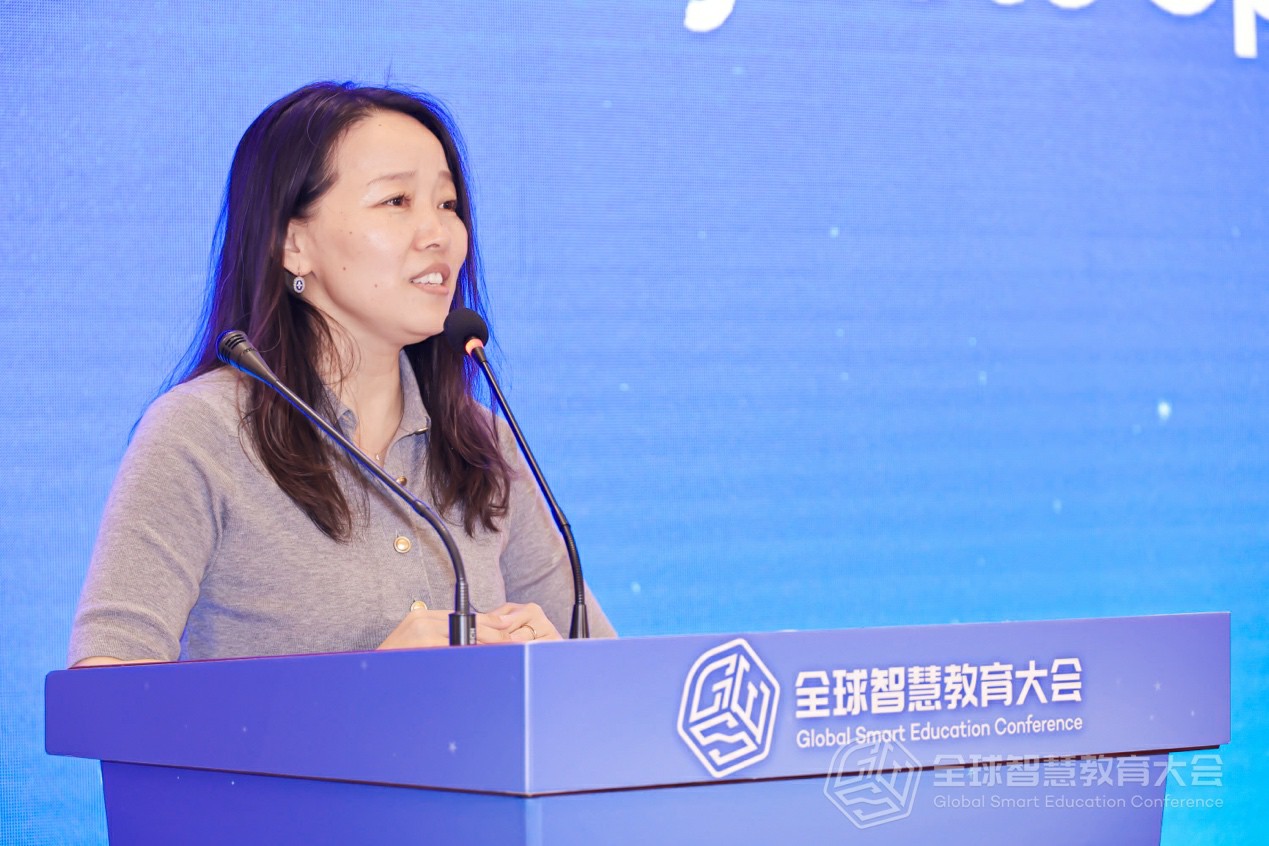
Prof. LI Shuang from Beijing Normal University moderated the forum

Global Smart Education Conference 2024: Forum on AI for Comprehensive Assessment and Evaluation
Ms. SHU Hua, Deputy Director of the Department of Science, Technology and Informatization at the Ministry of Education attended the conference and delivered a speech. Deputy Director Shu underscored the vital role of educational assessment reforms in national development, talent cultivation, and education quality enhancement. She highlighted the transformative impact of integrating advanced technologies such as AI into the education assessment frameworks, steering them towards a more scientific, professional, and objective orientation. Over the past two years, the Ministry of Education’s pilot project “Student Comprehensive Quality Assessment Supported by Information Technology” has pioneered a theoretical model for comprehensive quality assessments, crafted a diagnostic-focused performance assessment technical system, amassed extensive data on student development, and produced four levels of evaluative feedback reports, all of which have received wide recognition. These achievements have solidified the groundwork for boosting regional innovative assessment capacities and furthering educational reform. Looking forward, there is a pressing need to deepen the commitment to core educational values, refine assessment models, foster localized innovations, and prioritize data security and ethical considerations to ensure that reforms advance in the right direction and contribute robustly to the development of a leading education system.

Ms. SHU Hua, Deputy Director of the Department of Science, Technology and Informatization at the Ministry of Education delivered a speech
Prof. CHEN Li from Beijing Normal University, who leads the expert group on the pilot project of “Student Comprehensive Quality Assessment Supported by Information Technology”, provided a detailed overview of the initiative’s significance, innovative approaches, and current achievements. She also outlined potential future directions for the project.

Prof. CHEN Li from Beijing Normal University moderated the forum
In the keynote address titled Student Comprehensive Quality Assessment: Development History and Future Directions, Prof. LIU Zhijun, Secretary of the CPC Committee of Henan University of Technology and Professor at Henan University, explored the evolution of comprehensive quality evaluations, current challenges, and prospective trends. He advocated for a clearer distinction between education-driven and selection-oriented assessments moving forward and called for an enriched comprehensive quality assessment framework centered on core competencies. Professor Liu also encouraged the proactive integration of digital and intelligent technologies to ensure the effective application of comprehensive quality assessments in educational settings.

Prof. LIU Zhijun, Secretary of the CPC Committee of Henan University of Technology and Professor at Henan University, delivered a keynote address
Prof. ZHENG Qinhua of Beijing Normal University gave a keynote report titled Diagnosis-Oriented Comprehensive Quality Assessment Supported by Intelligent Technology. He emphasized the importance of horizontal diagnostic assessments for effectively selecting and nurturing talent through comprehensive quality assessment. Supported by intelligent technology, diagnosis-oriented comprehensive quality assessments have seen significant progress in developing theoretical frameworks, refining assessment methodologies, and enhancing feedback mechanisms. Looking ahead, the goal is to collaborate with various regions to expand the impact of intelligent performance-based assessments, integrate the Student Evaluation Enhancing Development (SEED) system with regional educational assessment frameworks more deeply, explore mechanisms for identifying and nurturing top innovative talents, promote the scientific development of regional education, and advance the digital transformation of comprehensive quality assessment.

Prof. ZHENG Qinhua of Beijing Normal University presented a keynote report
Mr. DONG Cheng, Deputy Director of the Education Department of Heilongjiang Province; Mr. NIE Tingfang, Deputy Director of the Bureau of Education of Changsha, Hunan Province; Mr. SHEN Jian, Director of the Suzhou Industrial Park Education Bureau, Jiangsu Province; Ms. YANG Jun, Director of the Nanshan District Education Bureau, Shenzhen, Guangdong Province; Mr. ZHONG Wenchuan, Director of the Nanhai District Education Bureau, Foshan, Guangdong Province; Mr. MING Jianping, Director of the Heping District Education Bureau, Tianjin; Mr. ZHANG Xuezheng, Deputy Director of the Xigong District Education Bureau, Luoyang, Henan Province; Mr. ZHANG Youcai, Dean of the Jinniu District Institute of Educational Science Research, Chengdu, Sichuan Province; Mr. CHEN Rongxian, Deputy Director of the Ziyun Miao and Buyei Autonomous County, Anshun, Guizhou Province; and Mr. TANG Chao, Director of the Laoshan District Education and Sports Bureau, Qingdao, Shandong Province, shared insights into their regional innovations in employing technology for educational assessment reform. They detailed their successful efforts in integrating regional process evaluations with diagnostic results from the SEED platform, merging regional educational data systems with the SEED data systems, and deploying strategies to effectively allocate educational resources and optimize teaching practices based on insights from SEED reports.

Special reports are delivered by speakers from ten regions
In the closing remarks, Prof. LI Shuang from Beijing Normal University reiterated the pivotal role of artificial intelligence in advancing educational assessment reform. She expressed anticipation for the innovative assessment solutions powered by technology from all regions and extended her gratitude to all participants for their passionate contributions and engagement.

Prof. LI Shuang from Beijing Normal University moderated the forum

